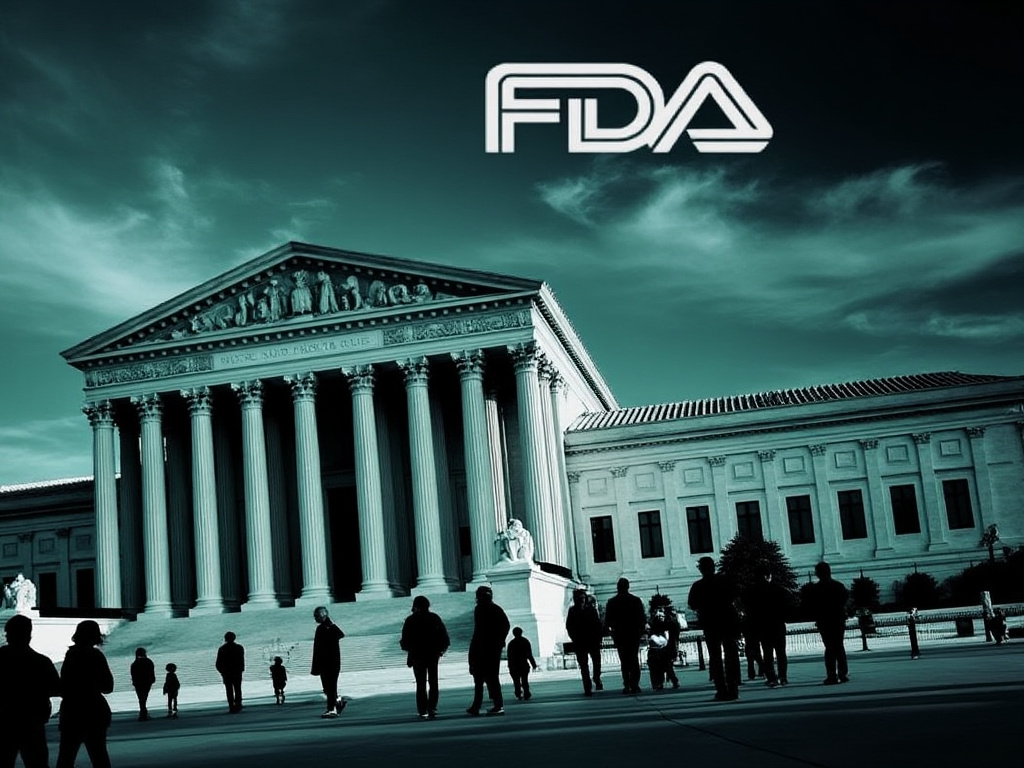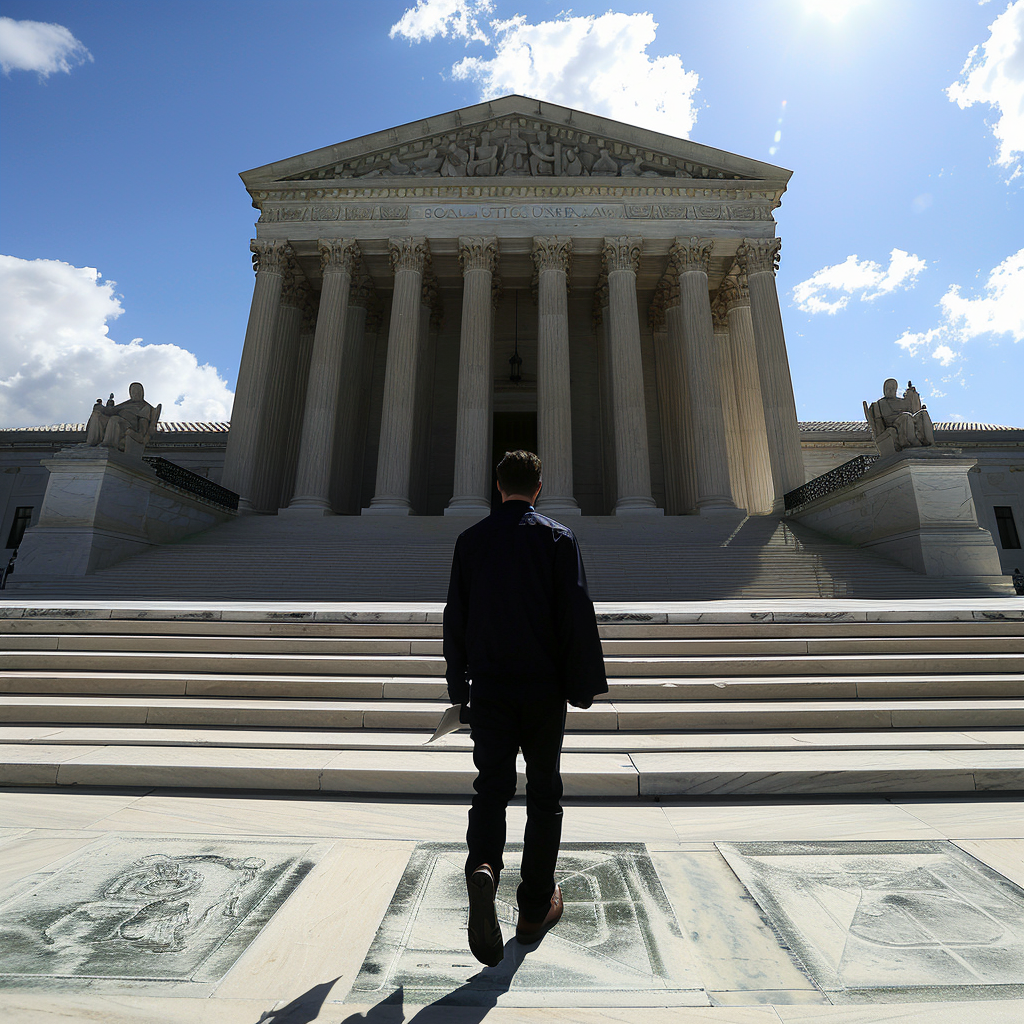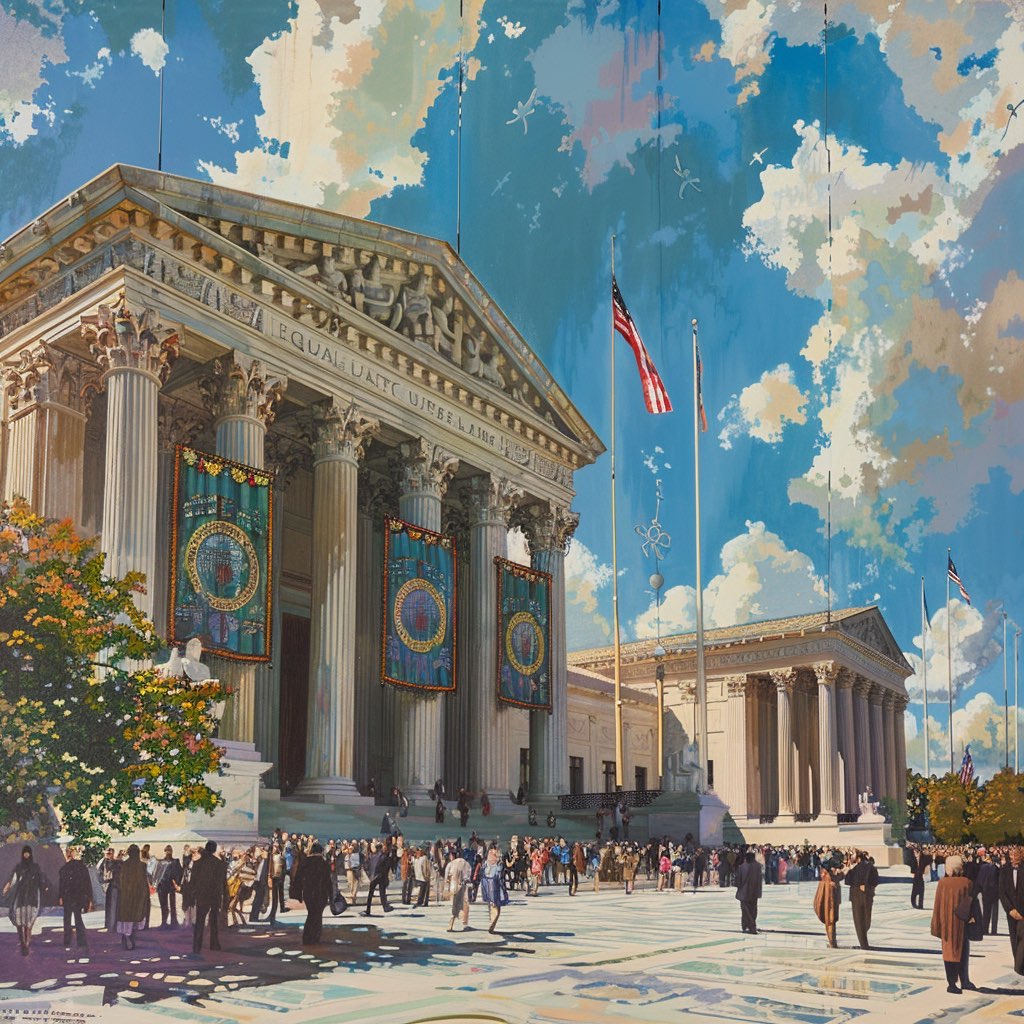
Washington, D.C. – The U.S. Supreme Court today heard oral arguments in FDA v. Wages and White Lion Investments, LLC, a pivotal case concerning the Food and Drug Administration’s rejection of...

WASHINGTON, D.C. – The First Amendment is a back-to-back champ. In an opinion delivered on Monday, the nation’s highest court sent back two separate cases brought by industry association NetChoice...

WASHINGTON, D.C. – Late last week, the U.S. Supreme Court delivered another magnanimous opinion in a lawsuit concerning the rights of citizens subject to enforcement action by federal agencies. In...

Washington, D.C. – The Consumer Choice Center (CCC) celebrates today’s Supreme Court decision overturning the 1984 ‘Chevron‘ doctrine, an outdated ruling that exploded the power of the federal government to...

Today, the US Supreme Court delivered an opinion on the constitutionally of the Consumer Financial Protection Bureau‘s funding. This is important, as CFPB operates with a Federal Reserve slush fund,...